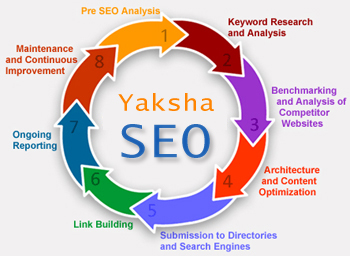Determine Who Your Competitors Are
Many CMOs are quick to list off a number of competitors (those that they think of as competitors in the traditional sense). In the SEO landscape, we lean towards those "keyword competitors" -- Web sites that are ranking for keywords we'd like our client to be found for.
A good example of this would be a client from my former life who sold "signs" (banners, billboards, etc.). One of their main keywords was (is) "signs." At the time, the movie "Signs," starring Mel Gibson, was released. Obviously, the movie isn't a direct competitor for this keyword, but a page devoted to this movie ranks number one in Google for "signs," and the movie still has several mentions in Google's top 10.
How to Compete for Various Keywords
Once you've determined the keyword competitors, you need to determine the factors that might be in play to help these Web sites to rank, while yours may not.
It's possible to get carried away with this type of analysis, as there are over 100 factors in play to determine why a Web site might rank, and the factors (and the weight of the factors) will fluctuate in the search engine's algorithms.
With that said, there are some pretty consistent things that you can look for to better compete for various keywords:
- Age of Domain: Many people getting into business on the Web for the first time don't know this simple rule. Buying an aged domain saves you a great amount of time. While you're at it, buy a domain that already has links pointing to it (links from within your chosen industry, ideally). When you look at the Web sites that are ranking for your selected keywords, you'll most likely see a trend that those listed on the first page of the search results are many years old. This could be because it took that long to generate enough quality links/content, but an aged domain is certainly one of the most important factors that goes into getting a Web site to rank.








